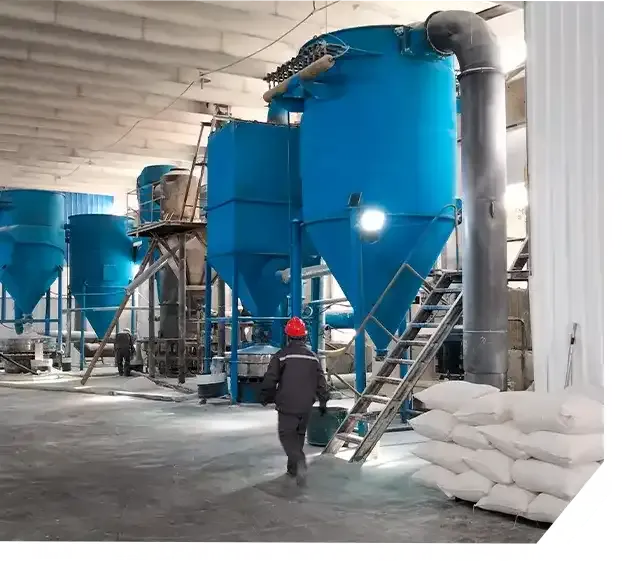The Role of Adhesive Chemicals in Modern Industry
Adhesive chemicals play a pivotal role in a multitude of industries, serving as the backbone of bonding technologies that are vital for manufacturing, construction, automotive, and various consumer products. These chemicals are not merely functional; they also enhance the performance, durability, and aesthetic appeal of the products to which they are applied.
At the core of adhesive technology are various types of adhesives, each designed to meet specific requirements. For instance, epoxy resins are renowned for their high strength and resistance to environmental factors, making them ideal for aerospace and automotive applications. On the other hand, pressure-sensitive adhesives (PSAs) are widely used in tapes and labels where quick, temporary adhesion is necessary without any need for heat or solvents to activate the bond.
The formulation of adhesive chemicals has evolved significantly, driven by technological advances and environmental considerations. Traditionally, adhesives were primarily based on petroleum-derived substances, raising concerns about sustainability and health impacts. However, the emergence of bio-based adhesives has been a game-changer. Derived from renewable resources such as natural rubber, starch, and proteins, these adhesives offer an eco-friendly alternative without compromising on performance.
Another significant trend in adhesive chemicals is the development of low-VOC (volatile organic compounds) formulations. VOCs are known to contribute to air pollution and can have adverse health effects. To address these issues, manufacturers are now producing adhesives that emit fewer harmful substances, thus promoting safer working environments and enhancing indoor air quality.
adhesive chemical

In the construction sector, adhesive chemicals are increasingly being utilized for bonding structural elements, insulating materials, and flooring applications. Their ability to create strong bonds without the need for mechanical fasteners not only simplifies the assembly process but also reduces the weight of the final product, leading to energy savings during transportation and installation.
Moreover, in the automotive industry, adhesives are replacing traditional welding and mechanical fastening techniques. The lighter weight and design flexibility provided by adhesive bonding contribute to fuel efficiency and innovative design possibilities. State-of-the-art adhesives can withstand high temperatures and harsh conditions, essential for ensuring the safety and longevity of automotive components.
The future of adhesive chemicals looks promising, with ongoing research focused on enhancing their properties and expanding their applications. Smart adhesives that respond to environmental stimuli, such as temperature and humidity, are on the horizon, potentially revolutionizing how products are manufactured and utilized.
In conclusion, adhesive chemicals are indispensable in modern manufacturing and everyday products. Their versatility, combined with the growing emphasis on sustainability, ensures that adhesive technology will continue to evolve and significantly influence various industries for years to come.
-
The Application and Significance of Construction RdpNewsMay.19,2025
-
Industrial Grade HpmcNewsMay.19,2025
-
Building Coating Adhesive Building Coating Adhesive HpmcNewsMay.19,2025
-
Application Of Hpmc For Detergent For Detergent In DetergentsNewsMay.19,2025
-
Application Of Hpmc Cellulose In Cement-Based MaterialsNewsMay.19,2025
-
Application Of High Quality Hpmc For Construction In The Field Of ConstructionNewsMay.19,2025




